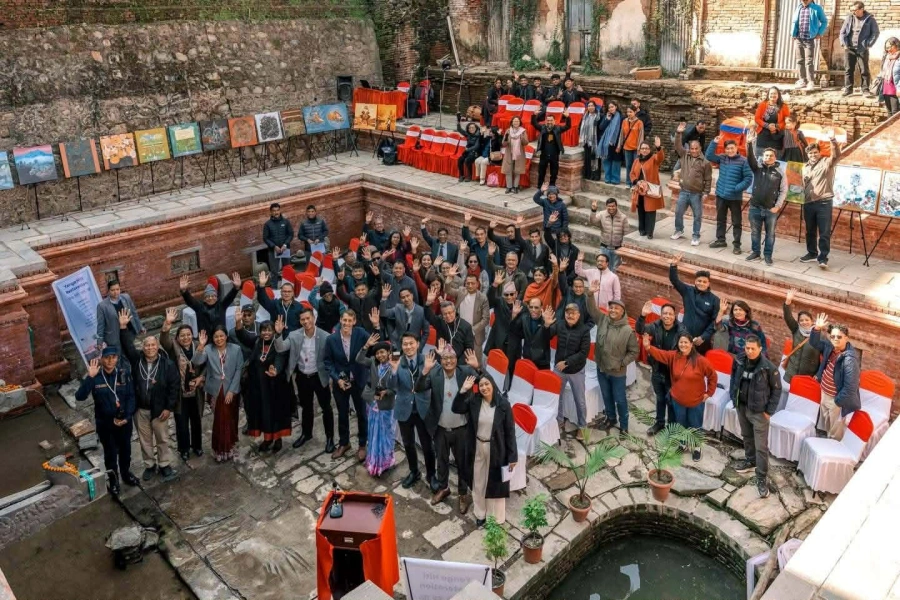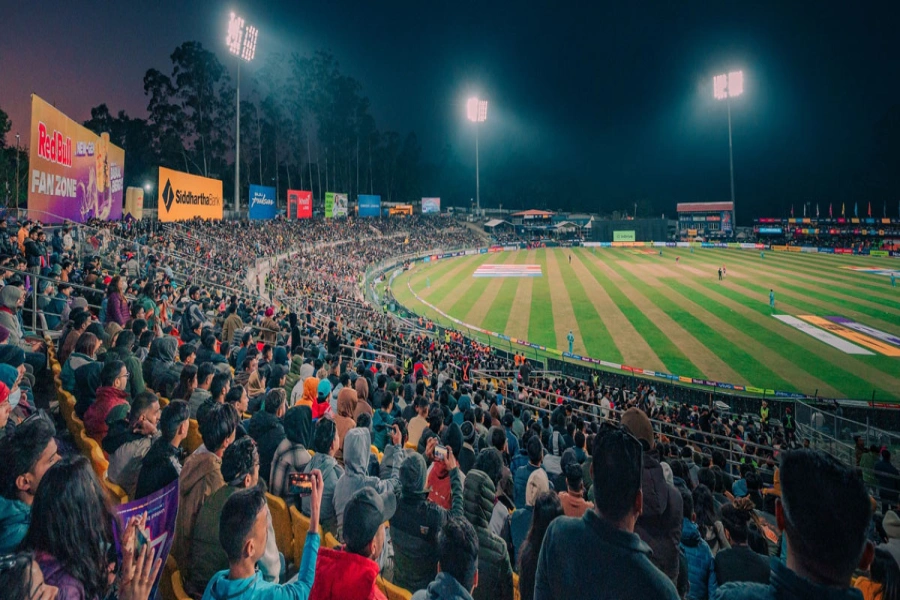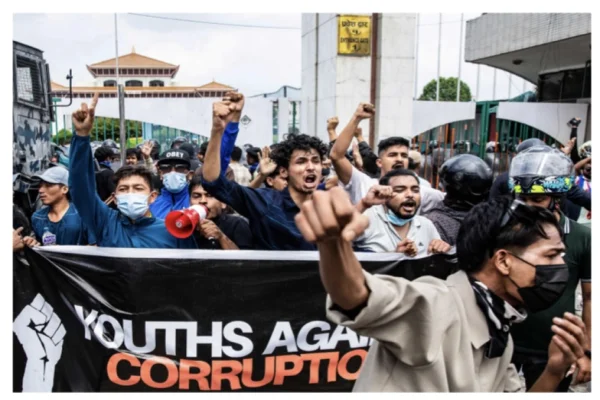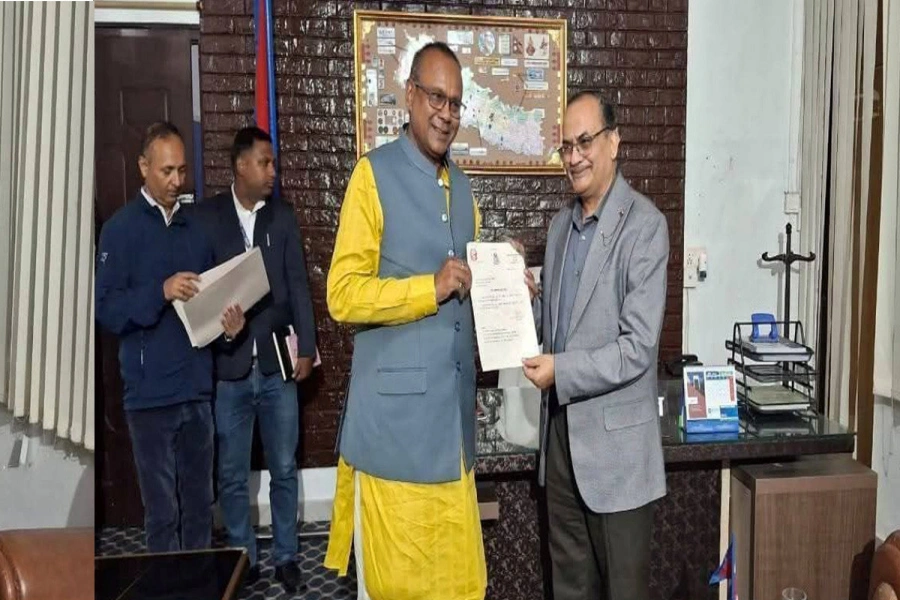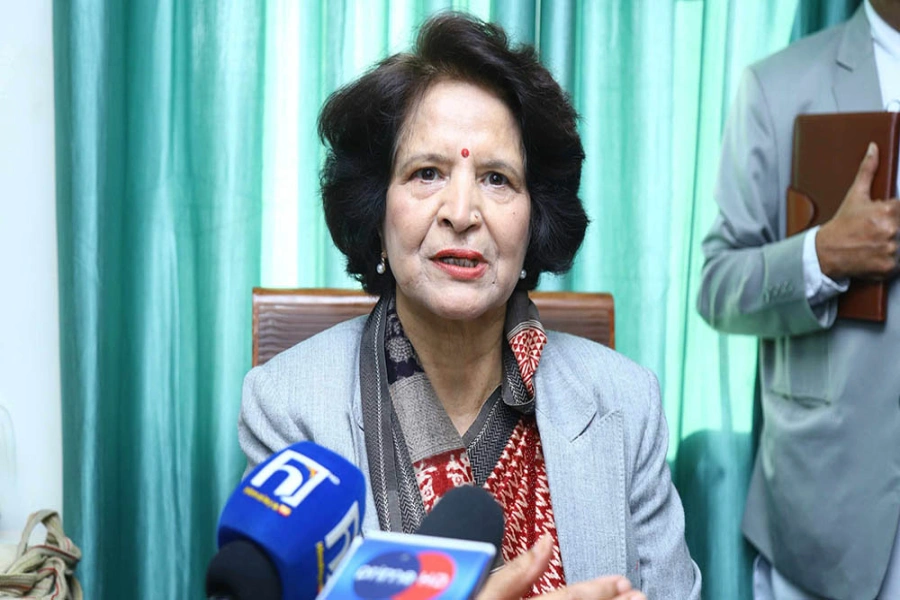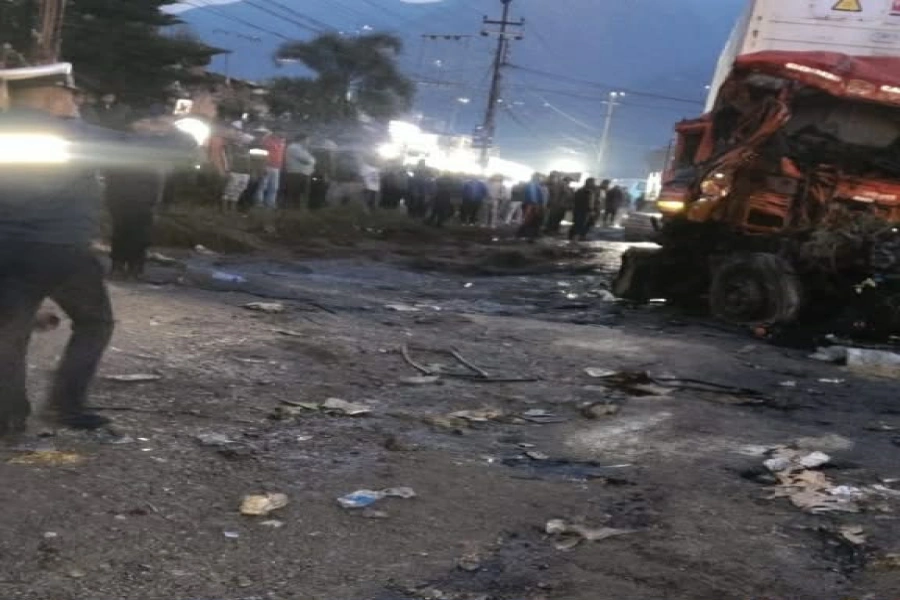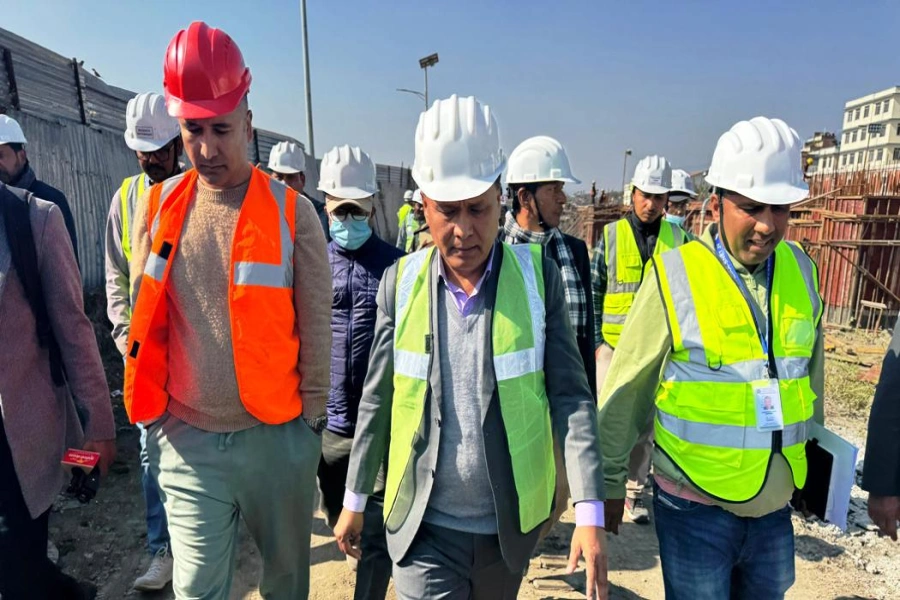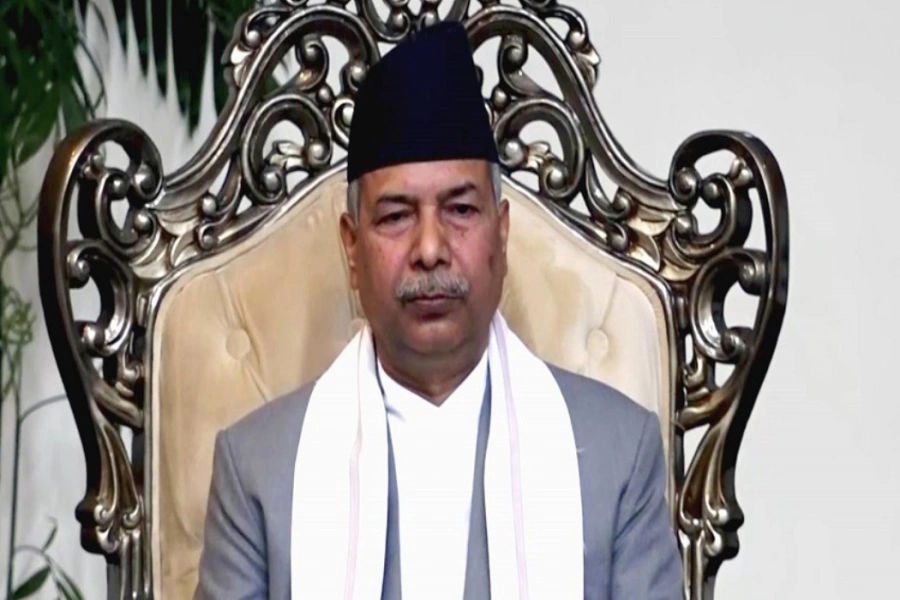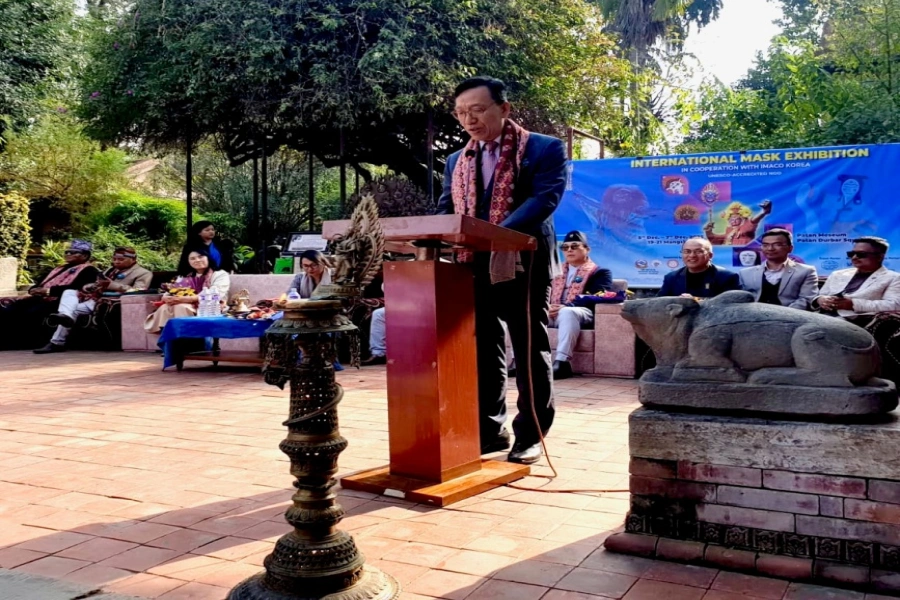Full text of Special Court's verdict
KATHMANDU, Oct 1: Publishing the full text of its verdict from February 15 on the Lalita Niwas land grab case on Monday, the Special Court has ascertained that a corruption case cannot be lodged against the politicians involved in the Cabinet’s decision that enabled the land grab.
Claiming that the plaintiffs in the case could not substantiate their arguments on why the implementation of the masterplan for construction of the Prime Minister’s residence does not fall under the jurisdiction of the Cabinet, the court granted immunity to the politicians who were involved in the Cabinet decision. A joint bench of judges Khusi Prasad Tharu, Ram Bahadur Thapa and Ritendra Thapa had decided on February 15 to seize back the public land illegally procured by 65 individuals including Kalpana Tuladhar.
According to the court, the only two limits of the jurisdiction of the executive branch are constitutionalism and rule of law. The full text of the verdict has mentioned that the masterplan itself cannot be made an object of investigation since the construction works of the residence and the road to the south of the construction site falls under the executive right of the Cabinet. With such a reasoning, the court has handed immunity to the politicians in all the previous Cabinets that made decisions regarding the masterplan.
KMC prohibits construction of physical structures on Lalita Niw...
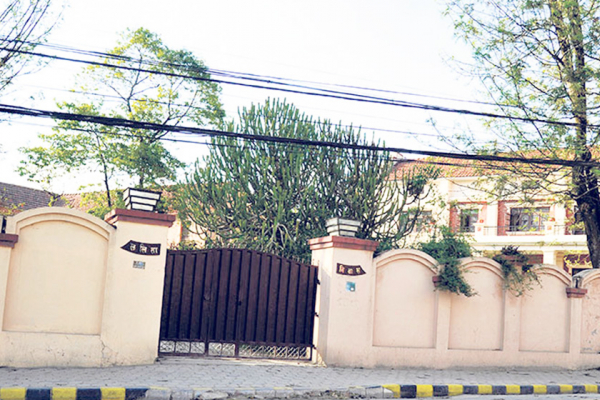
After the full text of the verdict was published on Monday, it appears as if the Commission for the Investigation of Abuse of Authority (CIAA) will not be able to investigate the Cabinet’s decisions that enabled the land grab.
The full text of the verdict mentions, “Regarding the decisions made by the then Cabinet on April 11, 2010; March 15, 2011; August 13, 2010; and October 4, 2012; based on the verdict of the Special Bench of the Supreme Court in case number 6205 dated October 4, 1996, and Section 4 (b) of the Commission for the Investigation of Abuse of Authority Act, 1991, it appears that the collective policy decisions made by the Cabinet do not fall within the jurisdiction of the CIAA's investigation.”
If the CIAA seeks to investigate the politicians, it will firstly have to prove that the Cabinet’s reasonableness, efficiency, utility, and use of the government’s treasury falls under the commission’s jurisdiction of investigation. However, Section 4 of the Commission for the Investigation of Abuse of Authority Act, 2048 provides the CIAA the right to investigate any alleged abuse of authority by any office-bearer in the government.
The question of whether those decisions fall within the category of policy decisions is a matter of public interest that has been raised during the hearings. Therefore, the CIAA is urged to conduct a study and prepare a report on the concept of policy decisions, including their meaning, definition, scope, and related principles.
Similarly, the decisions made by the Cabinet on April 11, 2010, March 13, 2011, and July 14, 2010, must be examined to determine whether they comply with Article 37 of the then-prevailing Interim Constitution of Nepal, 2007, and Article 75 of the currently prevailing Constitution of Nepal. The verdict states that it is necessary to analyze the law to see if they are contrary to constitutionalism and the rule of law.
Additionally, the verdict mentions that the Cabinet made decisions regarding the acquisition of tenancy rights on the land registered to the Samarjung Company, as well as the distribution of land between the tenant and the landowner within the master plan for the expansion of certain individuals’ residences. The full text released by the court indicates that, in the Lalita Niwas land case, the blame has been placed more on the officials rather than the political figures.
“Therefore, although statements were made by the then Prime Ministers Madhav Kumar Nepal and Dr Baburam Bhattarai, the CIAA seems to have decided that it need not comment on their matters,” the verdict states.



